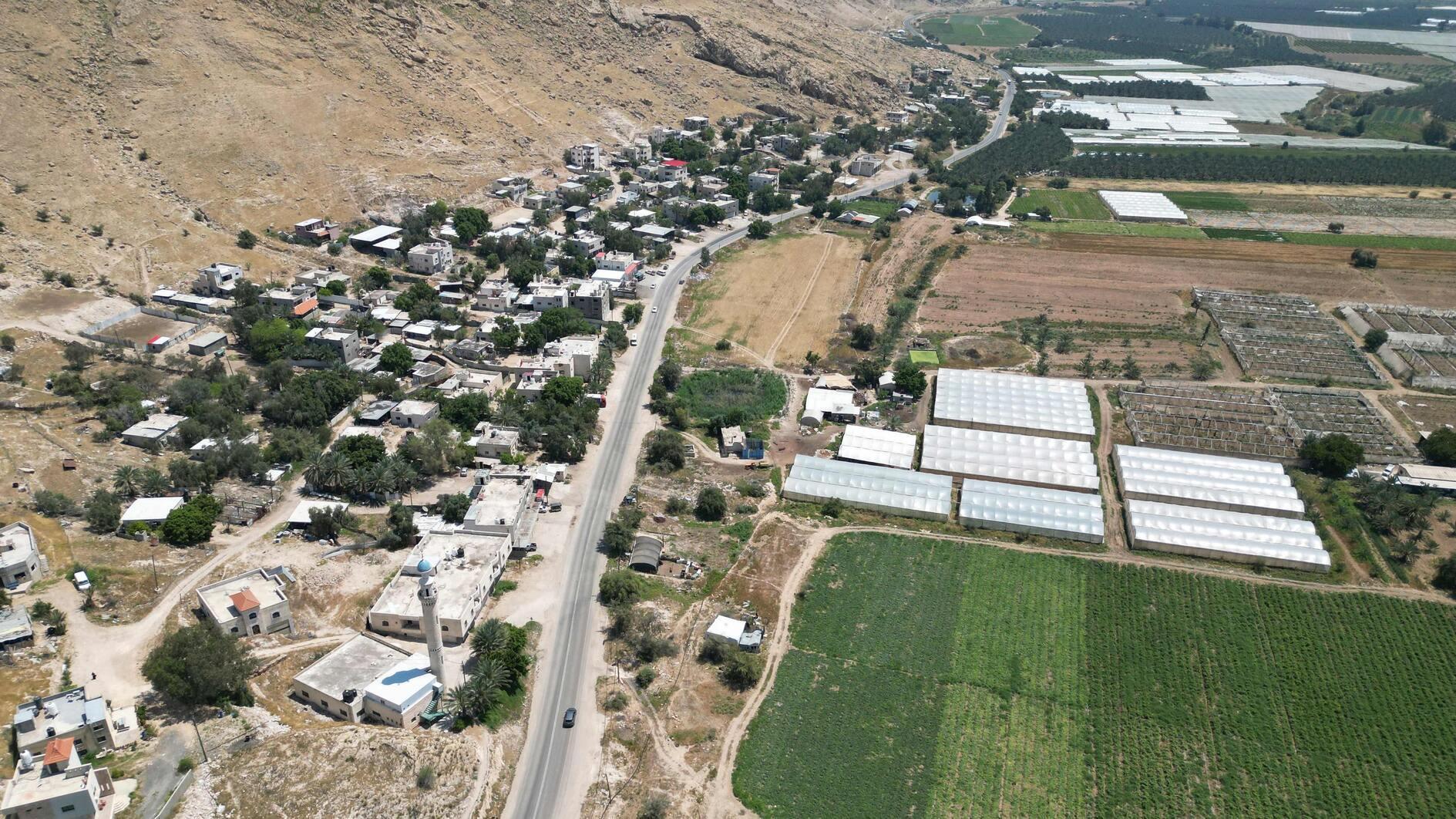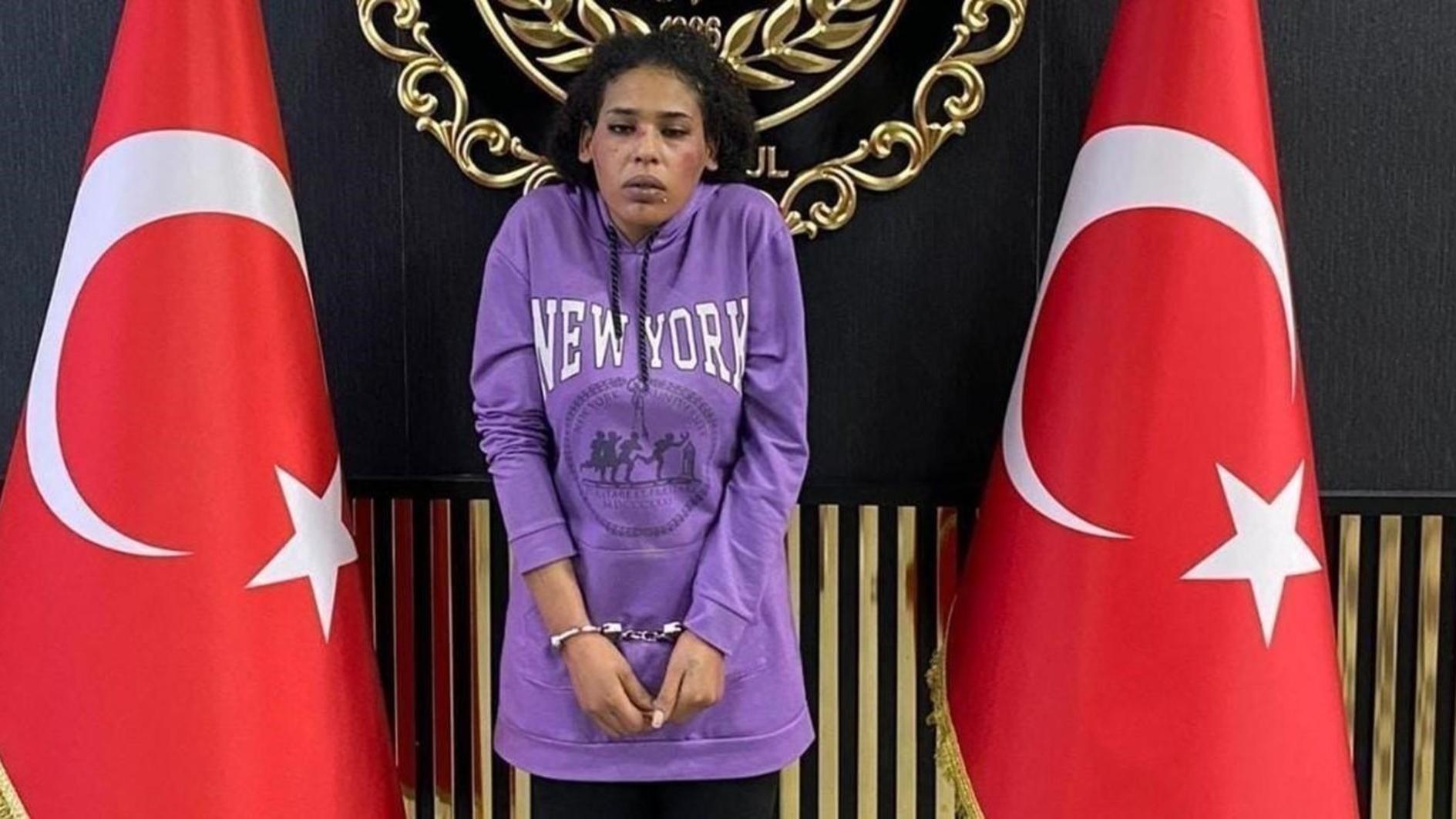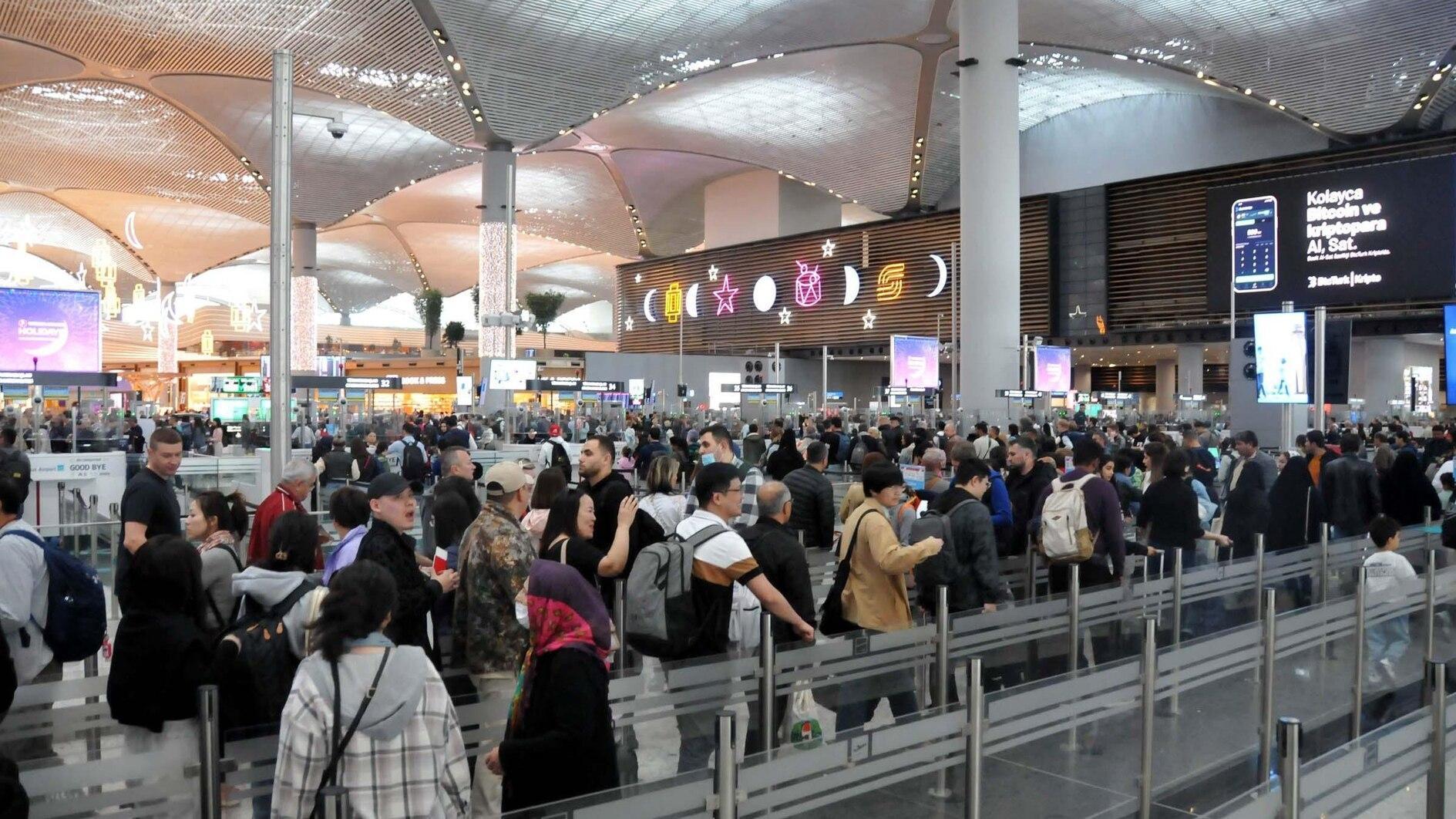Should Turkey side with Iranians or Saudis as a Mideast meltdown looms?
In the past, the nature of regimes in Turkey and Iran pitted the two countries against each other, but that was before the advent of the Justice and Development Party (AKP).
As two regional powers, whenever the two countries interests conflicted these were reflected over the regimes respective nature; secular Turkey against Islamic Iran. Turkish officials would be talking about “Islamic Iran,” not “Shia Iran.”
Yet, it is precisely the secular nature of its “national interests” that always dictated Turkey to try to improve its relations with Iran. That’s why Turkey has objected to international sanctions and always favored an engagement policy with Tehran, despite its neighbor’s ambiguous nuclear ambitions.
Iran also followed “secular” policies when it suited its interests, as it saw no contradiction in siding with “Christian” Armenia against “Muslim Azerbaijan,” for instance.
When the AKP came to power, “secular natural interests” were replaced by religious affinity. Siding with an “Islamic” regime was only natural and that’s why it voted against additional sanctions against Iran when it was a member of UN Security Council in 2010, sending shock waves to the international community. That had taken place when its efforts together with Brazil to reach a breakthrough on the nuclear issue failed.
By then AKP had gained the self-confidence to follow an ideologically-tainted foreign policy, which became much more apparent with the advent of the Arab Spring upheavals. The AKP’s so called “conscientious foreign policy” translated itself into “Sunni foreign policy,” as Turkey lent unconditional support to the Muslim Brotherhood in Egypt and Sunni opposition forces in Syria.
That’s how we ended up today in the situation where Sunni Turkey is pitted against Shia Iran. Turkey’s national interests devoid of ideology dictate lifting of sanctions and a reintegrated Iran into the international community. And this is now happening. Why don’t I hear any cheerful reactions among Turkey’s rulers? “Hellooo! Sanctions that you voted against at the expense of angering your allies have been lifted; anyone home?”
In a situation where Turkey has become a “sectarian foe” of Iran, is there no room for good relations with Tehran?
Is it the decision to participate in the Sunni alliance forged by Saudi Arabia holding the hands of the AKP or the opaque economic relations with the Saudi royal family?
Does “being on the right side of history” translate itself into “being on the side of losers?”
Turkey’s former undersecretary of foreign affairs, Özdem Sanberk, warns of a meltdown of the old Middle East, followed by the emergence of a new order.
While Iran is emerging as the third power after U.S. and Russia in the region, Saudi Arabia is increasingly being seen as a fragile regime. Experts at International Strategic Research Organization (USAK) believe the Sunni alliance will not be functional.
“The old, secular Turkey,” which the AKP likes to demonize always managed to improve its relations with the “Islamic Iran;” so should AKP’s “new Turkey.” Not only does it have to have intense political dialogue with Iran, which will be taken as an interlocutor by Turkey’s allies on regional issues, but also hurry to intensify economic cooperation to compensate its losses due to the tension with Russia.
How about the proxy war in Syria?
A more self-confident Iran would be more open to dialogue but most probably won’t let down Bashar al-Assad’s regime, to be replaced by forces supported by Turkey. Can Turkey improve relations with Tehran while remaining at odds over Syria? Turkey has managed to do the same (until recently) with Russia so why not with Iran. After all, as ambassador Sanberk said, “Diplomacy is the management of contradictions.”











